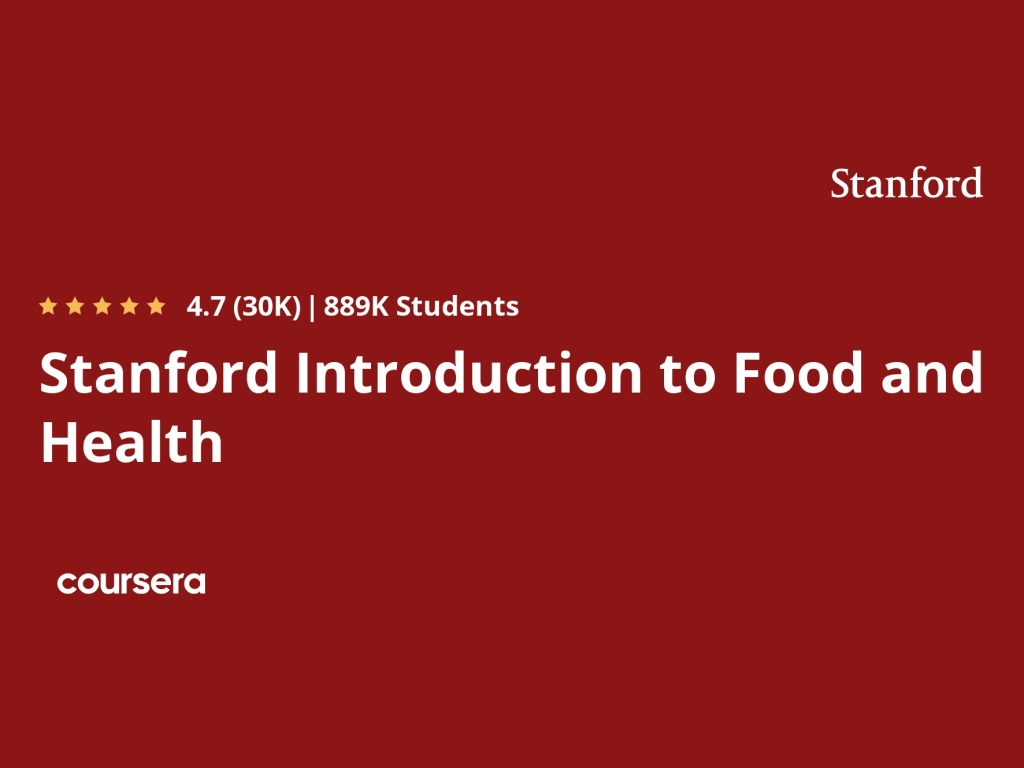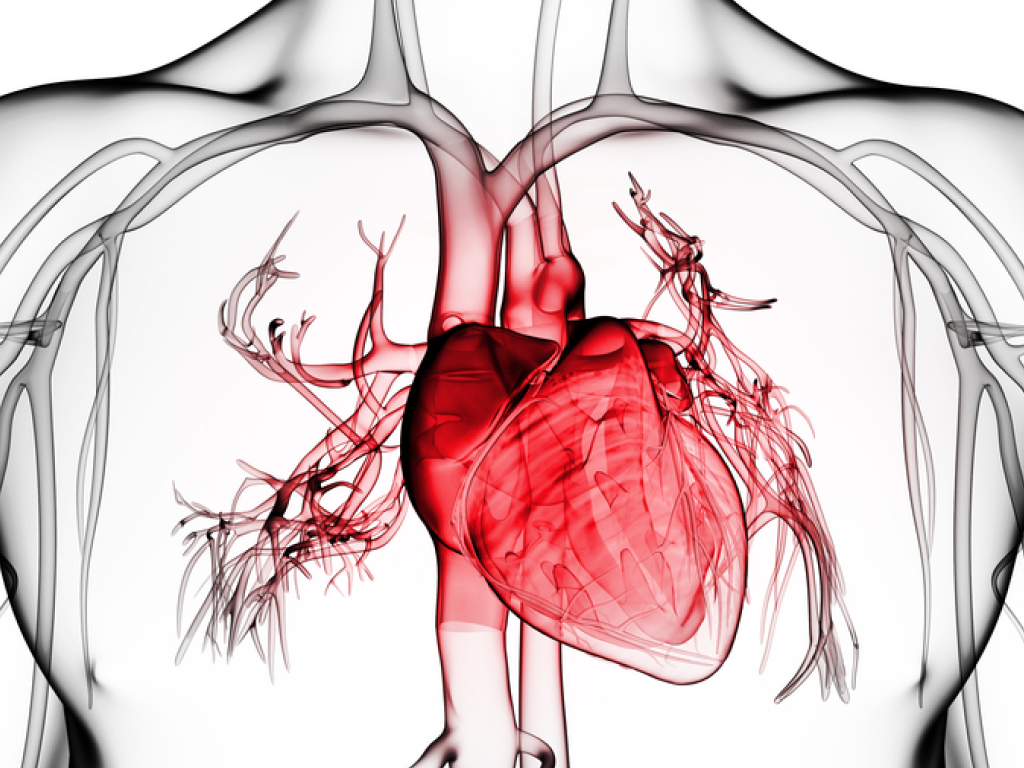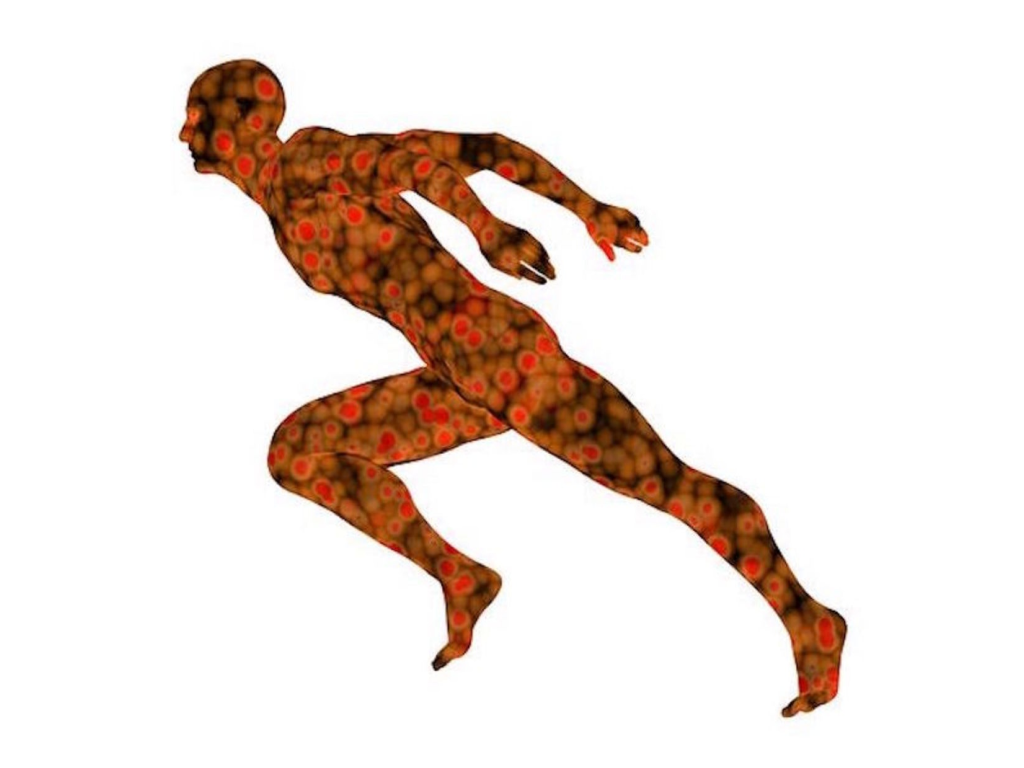Nutrition and Health: Macronutrients and Overnutrition
Description
Food plays a central role in our society but few people actually understand what it does to our bodies. Learn more about nutrition and how our diet profoundly impacts our current and future health. This introductory nutrition course addresses the relationship between nutrition and human health with a focus on health problems related to overnutrition.
In this course, Professor Sander Kersten from Wageningen University will introduce you to the chemistry of the three macronutrients fat, carbohydrate and protein. You will learn how macronutrients are absorbed, stored, and metabolized for energy, and you will gain a contemporary view of how different types of fats, carbohydrates and proteins affect human health. Moreover, the course will cover energy homeostasis and the regulation of bodyweight, and provides ample coverage of the topic of obesity. Finally, it will make you familiar with nutritional research and research methodologies.
For whom?
The MOOC Nutrition and Health: Macronutrients and Overnutrition is especially useful for health care professionals and people working in the food industry with a non-nutrition background. You will develop a critical mindset by learning to better weigh and interpret information about food, nutrition and health.
This course, is part of the Food, Nutrition and Health Professional Certificate Program of Wageningen University & Research. Did you already complete Nutrition and Health: Micronutrients and Malnutrition? That is the other course in the Food, Nutrition and Health Professional Certificate Program. To explore other learning opportunities about nutrition, have a look at the courses:
- Food Risks
- Human Microbiome
- Nutrition and Cancer
- Nutrition, Heart Disease and Diabetes
Tags
Syllabus
Module 1: Basic Principles
In the first module you will be introduced into the basics of nutritional science
and you will learn about the different study designs that are used in nutrition research.
Module 2: Carbohydrates In this module you will be introduced to the basics of carbohydrates.
Module 3: Carbohydrates and Health (verified learner only)
In this module we will focus on the health effects of one specific group of carbohydrates: sugar.
Module 4: Lipids This module will teach you the basics of fats or lipids.
Module 5: Lipids and Health (verified learner only)
This module will start out by discussing cardiovascular (heart) disease and risk
factors for cardiovascular disease, and will go on to explore the effects of fatty acids on cholesterol.
Module 6: Proteins and Health
The module starts with the basics of dietary protein, and will go on to address the question of what specific health effects can be attributed to dietary protein.
Module 7: Energy homeostasis sand energy balance
In this module we will look at the balance between food (energy) intake and exergy expenditure.
Module 8: Weight management This module concentrates on weight management and the topic of obesity.
Module 9: Nutrition and Sports (verified learner only) In this extra module we look at the impact of nutrition on exercise

Nutrition and Health: Macronutrients and Overnutrition
-
TypeOnline Course
-
Provider
-
PricingFree to Audit
-
CertificatePaid certificate
Food plays a central role in our society but few people actually understand what it does to our bodies. Learn more about nutrition and how our diet profoundly impacts our current and future health. This introductory nutrition course addresses the relationship between nutrition and human health with a focus on health problems related to overnutrition.
In this course, Professor Sander Kersten from Wageningen University will introduce you to the chemistry of the three macronutrients fat, carbohydrate and protein. You will learn how macronutrients are absorbed, stored, and metabolized for energy, and you will gain a contemporary view of how different types of fats, carbohydrates and proteins affect human health. Moreover, the course will cover energy homeostasis and the regulation of bodyweight, and provides ample coverage of the topic of obesity. Finally, it will make you familiar with nutritional research and research methodologies.
For whom?
The MOOC Nutrition and Health: Macronutrients and Overnutrition is especially useful for health care professionals and people working in the food industry with a non-nutrition background. You will develop a critical mindset by learning to better weigh and interpret information about food, nutrition and health.
This course, is part of the Food, Nutrition and Health Professional Certificate Program of Wageningen University & Research. Did you already complete Nutrition and Health: Micronutrients and Malnutrition? That is the other course in the Food, Nutrition and Health Professional Certificate Program. To explore other learning opportunities about nutrition, have a look at the courses:
- Food Risks
- Human Microbiome
- Nutrition and Cancer
- Nutrition, Heart Disease and Diabetes
Module 1: Basic Principles
In the first module you will be introduced into the basics of nutritional science
and you will learn about the different study designs that are used in nutrition research.
Module 2: Carbohydrates In this module you will be introduced to the basics of carbohydrates.
Module 3: Carbohydrates and Health (verified learner only)
In this module we will focus on the health effects of one specific group of carbohydrates: sugar.
Module 4: Lipids This module will teach you the basics of fats or lipids.
Module 5: Lipids and Health (verified learner only)
This module will start out by discussing cardiovascular (heart) disease and risk
factors for cardiovascular disease, and will go on to explore the effects of fatty acids on cholesterol.
Module 6: Proteins and Health
The module starts with the basics of dietary protein, and will go on to address the question of what specific health effects can be attributed to dietary protein.
Module 7: Energy homeostasis sand energy balance
In this module we will look at the balance between food (energy) intake and exergy expenditure.
Module 8: Weight management This module concentrates on weight management and the topic of obesity.
Module 9: Nutrition and Sports (verified learner only) In this extra module we look at the impact of nutrition on exercise

 Online Course
Online Course 
 Free to Audit
Free to Audit  Paid certificate
Paid certificate 


